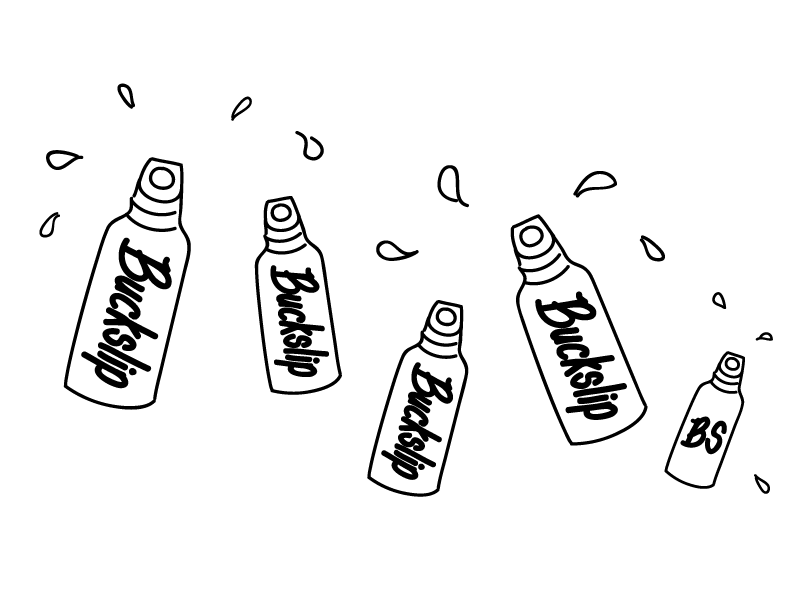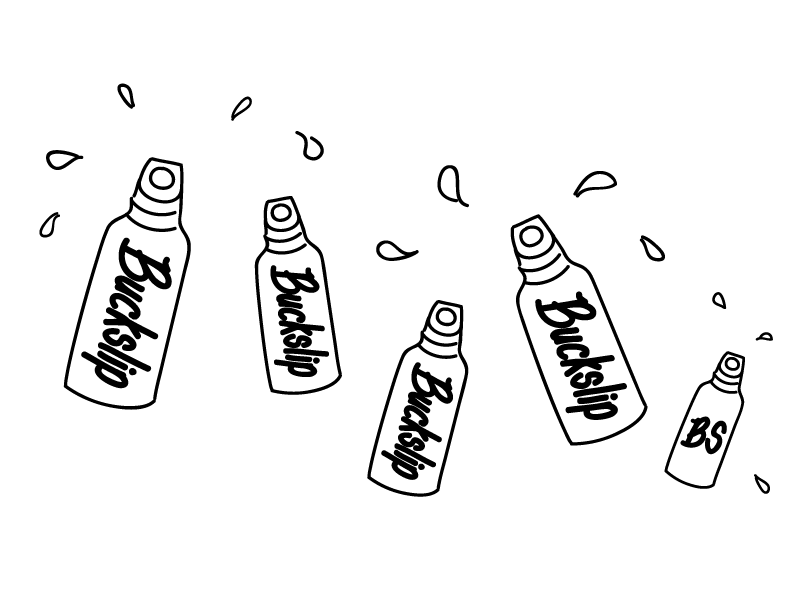Verbatim
For Guernica, Jessica Camilla Aguirre travels to Bolivia to report on efforts on multiple fronts to legitimise coca, that wicked leaf which, still, so completely dominates Latin America’s identity and its place in the world (of course, not least in the eyes of the American DEA) .
People from Andean countries like to say that coca’s relationship to cocaine is like the grape to wine. The equivalence isn’t totally precise, but coca is a centerpiece in traditional ceremonies and has the status of a sacred substance and so it enjoys, like the Holy Eucharist, a certain factual leniency. Of course, neither its natural consumption nor its spiritual status has saved the coca plant from becoming a harbinger of bloodshed… The Bolivian government has spent millions of dollars and put forward a law to support its coca market. It has shunned the War on Drugs and sought instead to create alternate markets for coca leaf by supporting industrialization. Teas, shampoos, wines, cakes, liquors, flour, toothpastes, energy drinks and candies that feature the leaf have been produced, some in government-backed factories. It sometimes seems like Bolivians will market anything that contains their quasi-magical plant. Anything that could lure investors. Anything that could trade internationally. Anything, anything but cocaine.

Things
"All human relations are a matter of record, ready to be revealed by a clever algorithm. Everyone is a spidergram now.” Bloomberg’s blockbuster exposé of Peter Thiel’s mysterious Palantir is really some of the best reporting we’ve yet had on Thiel himself in full-on supervillain mode, as well as a beautifully twisted look at what happens to corporate sanity when data and surveillance obsessions take hold - the image of JPMorgan’s head of security going Kurtz-level mad as he gains access to the interior lives of the company’s employees is quite something. Our favourite bit might be the infographic of Thiel’s own spidergram web of connections and influence, which surprisingly features cameos from Theodor Adorno and Jürgen Habermas.
“Artificial intelligence cannot solve the problem of not knowing what the hell you’re doing and not really caring one way or the other.”
Both Netflix and Tesla IPO’d before the current era of privately coddled tech startups, but the public markets still can’t reconcile their aggressively growth-oriented, supposedly industry-engulfing business models with the cultural weight of corporate institutions that have shaped the modern world. Despite having been outsold by GM 100 to 1, Tesla’s market cap is about 80% that of GM’s, while Netflix has a market cap over 90% that of Disney’s. But are magic kingdoms and streaming platforms really so comparable? Both sides are unmoored from market fundamentals, their value based instead upon cultural forces among consumers and investors alike. So it will be interesting to see them go head-to-head with generally comparable products, when Disney completes its acquisition of 20th Century Fox and takes on Netflix with a streaming service of its own. Only Disney can destroy the movie theatre, just as it’ll take the big three automakers to take EVs mainstream. Scooters don’t count.
Somewhat ironically commissioned by the dumpster fire of a business that is Medium, Malcolm Harris’s survey of the history and current state of pay for freelance writers (spoiler: the rates are basically the same as they were when we were carving our reporting on cave walls) is depressing as hell, even though we know all of this because it’s what we do. Same as it ever was. But what to do with this information? If you’re Medium, probably just drop some acid and invent this week’s new business model.
Buckslip has no ads, spon-con, Patreon account, or blockchain micropayment mechanism. So we’ve been thinking—what type of micromerch would best encapsulate the unique experience of participating in Buckslip’s niche fandom? Colouring books? Water bottles? Tissue boxes? Send us your ideas!
One small good thing you won’t regret subscribing to this week: Pome.
Bye.





